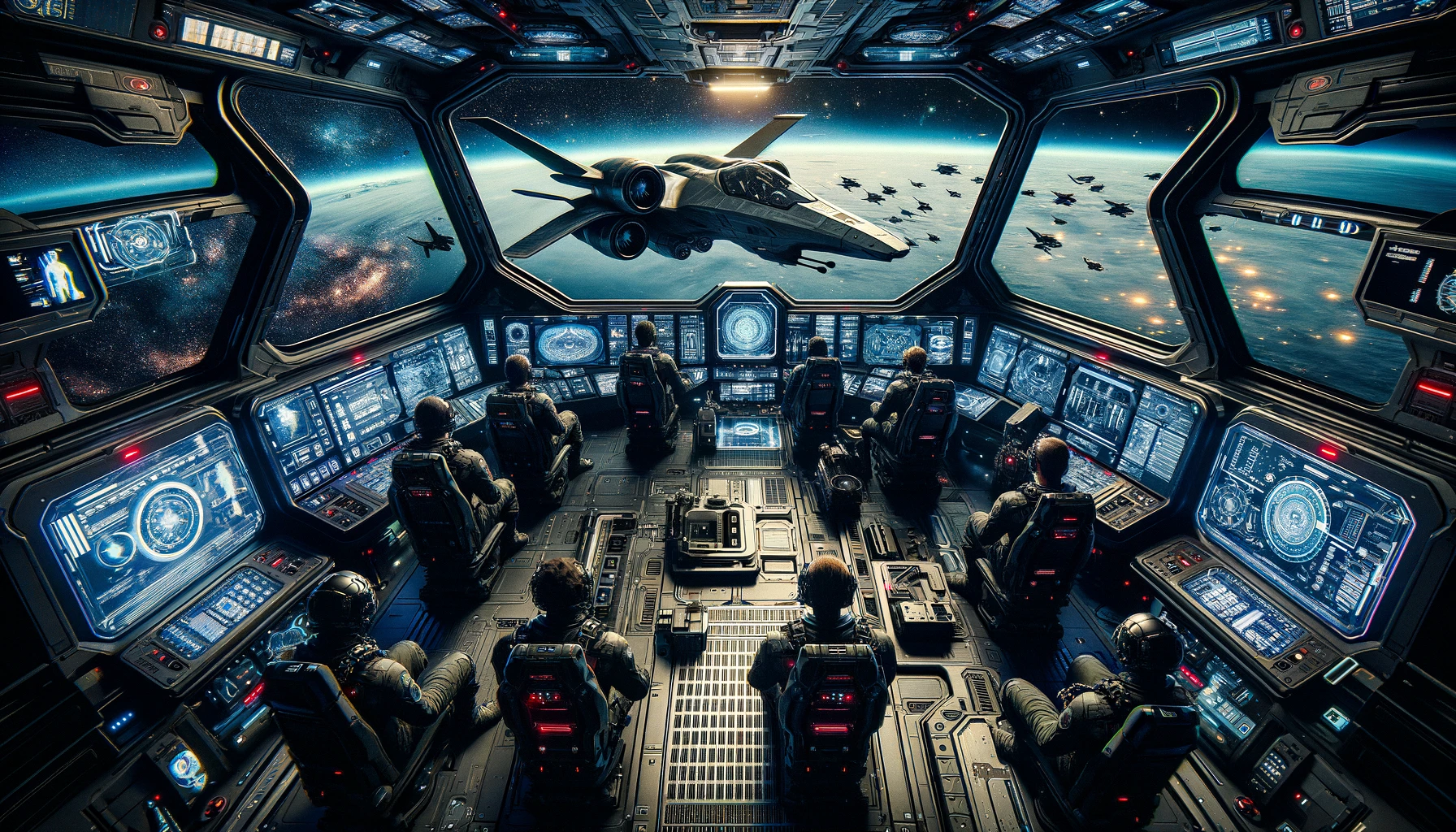In a recent development from the gaming world, Helldivers 2 developer Arrowhead has made a rather unusual request to its gaming community. Players have been asked not to target teammates who are adorned in blue preorder bonus armor, despite the playful banter it might incite. This armor, a unique promotional item for those who pre-ordered the game, represents frozen yogurt salesmen on the battlefield, adding a whimsical twist to the combat scenario. The developer’s plea highlights the challenges and unintended social interactions that sometimes emerge in multiplayer games, where character customization can lead to unexpected gameplay dynamics.
Gaming communities often witness the evolution of user behavior around new game features and special items. In the past, similar scenarios have unfolded where unique in-game items became the subject of controversy or playful rivalry among players. Such dynamics not only affect player interactions but also how developers plan and respond to community feedback post-launch, ensuring that special features enhance the gaming experience rather than detract from it.
What Prompted Arrowhead’s Intervention?
Arrowhead’s intervention was sparked by an increasing number of incidents where players were targeting their teammates who wore the special blue armor, meant to signify a connection to the SUMY Corporation as froyo salesmen. This playful targeting, while seemingly harmless, raised concerns about community interactions and the potential for gameplay disruption. Arrowhead, monitoring the situation closely, decided to step in to remind players of the camaraderie and team spirit that Helldivers 2 is built upon.
Why Focus on Team Dynamics in Multiplayer Games?
The focus on team dynamics and player conduct in multiplayer games is crucial as it directly impacts the overall game atmosphere and player satisfaction. Developers like Arrowhead need to continually balance creative game design with positive player interaction. This balance helps maintain an engaging and respectful gaming environment, which is essential for the longevity and success of any multiplayer game.
How Does Character Customization Affect Player Behavior?
Character customization, such as the preorder bonus armor in Helldivers 2, plays a significant role in how players perceive and interact with one another. Such elements can introduce a playful element to the game but can also lead to unintended consequences like targeted behaviors or in-game bullying. Developers must navigate these challenges thoughtfully to ensure that customization enhances player experience without leading to negative behaviors.
Related observations can be seen in articles from sources like IGN and Polygon, where discussions about in-game cosmetics often highlight their dual impact on player dynamics and game culture. For instance, Polygon’s article “The Psychology Behind In-Game Cosmetics” delves into how these features can signify status and influence player interactions, underscoring the need for careful design and community management.
Further insights are provided by a scientific study in the Journal of Gaming and Virtual Worlds, titled “Player Behavior and Game Dynamics.” This paper explores how unique game elements can alter player interactions and community atmosphere, supporting the ongoing discussions about the need for developers to monitor and sometimes intervene in gameplay to foster positive environments.
Key Insights for Players:
- Customization impacts player interactions and team dynamics.
- Unique items can create unintended gameplay challenges.
- Developers must monitor and guide community behavior.
In conclusion, the request from Helldivers 2’s developers to refrain from targeting teammates in special armor underscores the complex relationship between game design and player behavior. This scenario serves as a reminder of the continuous need for developers to engage with their game communities actively and thoughtfully. As multiplayer games evolve, so too must the strategies to ensure they remain enjoyable and respectful spaces for all players, highlighting the essential role of community management in modern gaming.










